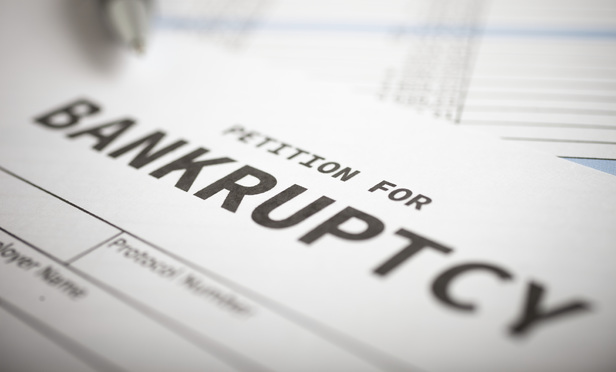The recent rash of Chapter 11 filings deemed to be “prepackaged” —the secured lenders “purchase” the company in an equity for debt swap that’s often the result of a failed leveraged buyout (LBO) — highlights the perils and pitfalls facing trade vendors, unsecured creditors and shareholders of a leveraged buyout entity. In many cases the rights of unsecured creditors and shareholders are wiped out.
While most leveraged buyouts have some unique aspect with respect to capital structure, the common element of an LBO is the use of the value in the company’s assets to finance a purchase by a hedge fund or venture capitalist. The shareholders of the target entity almost always receive cash for their shares far in excess of then–current market value (which insures their acceptance of the offer). More importantly, the purchaser uses debt secured by the assets of the company to finance the purchase. In some instances, 10 percent or less equity needs to be invested in order to finance the purchase.
This content has been archived. It is available through our partners, LexisNexis® and Bloomberg Law.
To view this content, please continue to their sites.
Not a Lexis Subscriber?
Subscribe Now
Not a Bloomberg Law Subscriber?
Subscribe Now
LexisNexis® and Bloomberg Law are third party online distributors of the broad collection of current and archived versions of ALM's legal news publications. LexisNexis® and Bloomberg Law customers are able to access and use ALM's content, including content from the National Law Journal, The American Lawyer, Legaltech News, The New York Law Journal, and Corporate Counsel, as well as other sources of legal information.
For questions call 1-877-256-2472 or contact us at [email protected]






